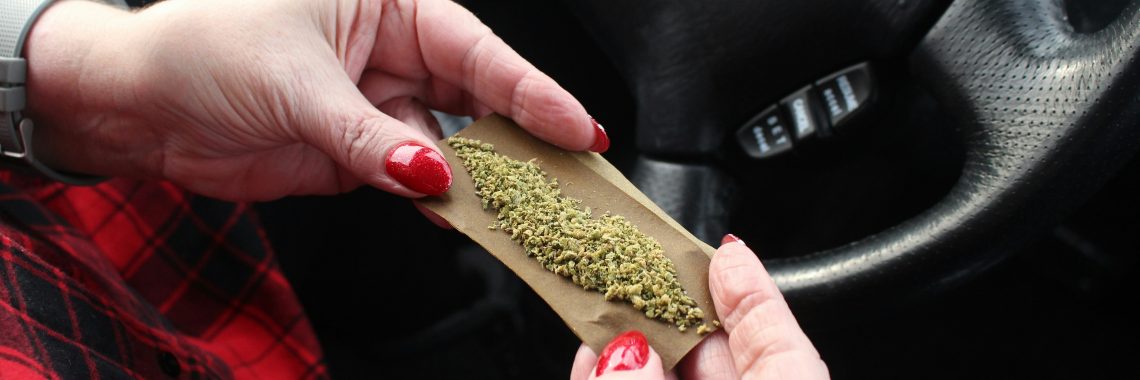This year the State of Arkansas received a failing grade that it can be proud of.
The radical group Sexuality Information and Education Council of the United States (SIECUS) gave Arkansas an ‘F’ grade on its 2025 United States Sex Education report card.
Part of SIECUS’s mission is “ensuring sex education drives social change.” The group has a reputation of promoting inappropriate sexual material in schools.
SIECUS gave Arkansas a failing grade largely thanks to good legislation conservatives in Arkansas have enacted to protect children from groups like SIECUS.
The 2025 SIECUS report card for Arkansas specifically criticized the state’s laws protecting students from explicit material and pro-LGBT indoctrination at school. It also took issue with Arkansas’ sexual risk avoidance education program that promotes abstinence, and it criticized the state’s good, pro-life laws — including laws that keep abortionists and their affiliates out of public schools.
In 2021, Family Council obtained nearly 1,400 pages of documents that revealed how Planned Parenthood — the nation’s largest abortion provider — had spent several years conducting sex education classes in Pulaski County public schools. We know from experience that the kind of sex education that Planned Parenthood and SIECUS promote simply is ineffective.
Throughout the 1980s and 1990s liberals in Arkansas promoted comprehensive sex education in Arkansas’ public schools.
In 1997 the Arkansas Legislature and the Mike Huckabee Administration switched to abstinence education in Arkansas.
Under Governor Huckabee’s abstinence education program, Arkansas’ teen birthrate decreased 17%, and Arkansas’ teen abortion rate plummeted a staggering 48%.
The abstinence education model was so successful in Arkansas that it drew national recognition.
After his election in 2008, President Obama’s administration gave Planned Parenthood millions of dollars in funding for comprehensive teen pregnancy prevention programs.
Experts later found students who went through Planned Parenthood’s sex education program were often more likely to become pregnant or cause a pregnancy afterwards.
In other words, Planned Parenthood’s multimillion-dollar sex education program did exactly the opposite of what it was intended to do.
In 2016 — while President Barack Obama was still in office — the federal Centers for Disease Control released a 208-page report concluding teenagers who practice abstinence are healthier in nearly every way than teenagers who are sexually active.
The CDC’s report looked at everything from seatbelt and bike helmet use to substance abuse, diet, exercise, and even tanning bed use.
Their conclusion was that sexually active teens were less healthy and engaged in riskier behavior across the board.
In spite of all of this, groups like SIECUS and Planned Parenthood still promote comprehensive sex education in public schools instead of abstinence and risk avoidance education.
Given comprehensive sex education’s track record, receiving a failing grade on the SIECUS’s report card is something Arkansans can actually be proud of.
Articles appearing on this website are written with the aid of Family Council’s researchers and writers.
READ MORE





